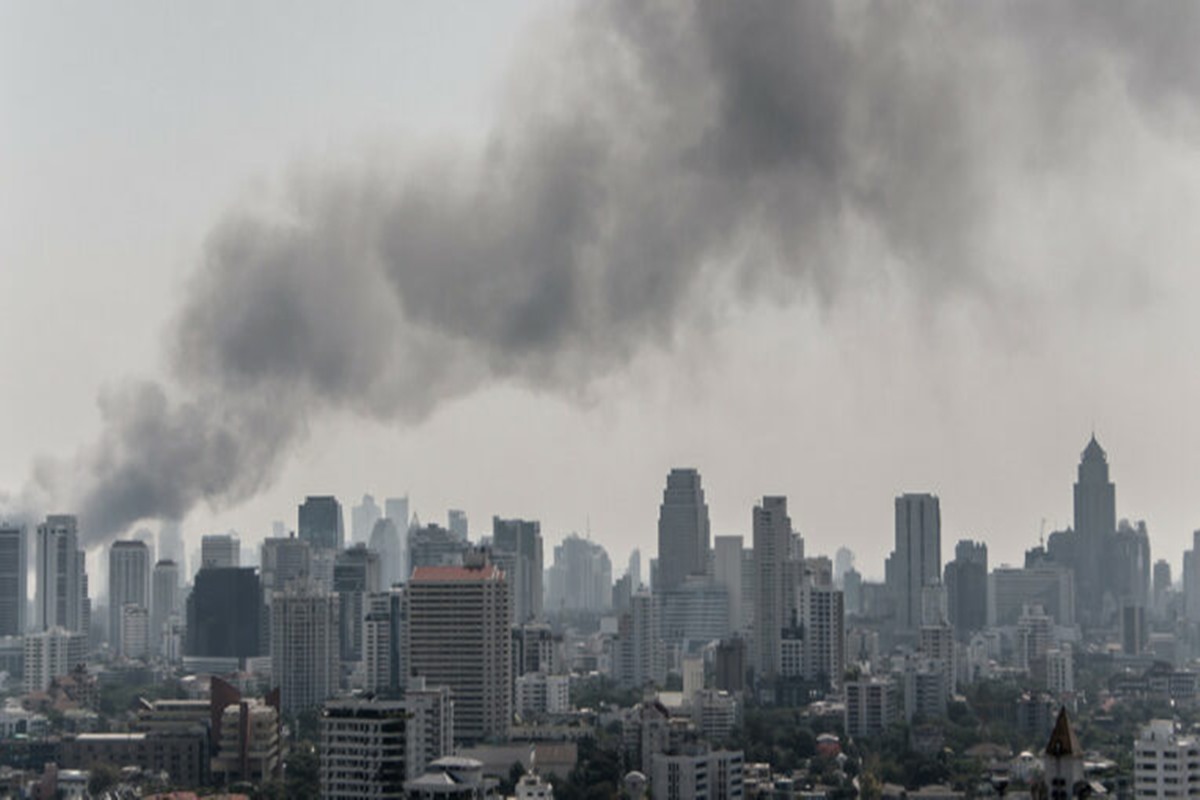2 labourers die during CBM exploration near Durgapur
Two contractual labourers died during the exploration of coal bed methane gas by a multinational oil & gas giant beside a small river about 10 km from Durgapur town this morning.
State’s pollution control authorities have slapped Rs 10 lakh fine as bank guarantee against a multinational oil & natural gas giant operating here for 20 years for causing extensive contamination of the Kunur rivulet, the prime source of irrigation for dozens of villages in Kanksa and Laudoha blocks here.

Representation image
State’s pollution control authorities have slapped Rs 10 lakh fine as bank guarantee against a multinational oil & natural gas giant operating here for 20 years for causing extensive contamination of the Kunur rivulet, the prime source of irrigation for dozens of villages in Kanksa and Laudoha blocks here.
Extraction of coal bed methane, a CNG fuel, involves pumping out a large volume of water from saturated coal seams as a by-product in order to release the water pressure holding the gas in the coal seam. Each well, as per global standards, produces a maximum 20 Gallons of CBM per minute, but here, the estimated volume is 2641.72 gallons a day.
Advertisement
State panchayat & rural development minister Pradip Majumdar has taken up the issue of gross contamination as a matter of prime concern. He said: “I’ve drafted a letter on the issue seeking our environment minister’s serious intervention into the menace. This contamination seems to be the tip of an iceberg.”
Advertisement
In December, 2024 the OSD (operation & execution), West Bengal Pollution Control Board, in his three pages direction to the CBM exploration authority here stated: “The industry shall execute a bank guarantee of Rs 10 lakh only valid for 12 months within a fortnight.” The company also had to pay a penalty worth Rs 4 Lakh for causing pollution last year, incidentally. In its directive, the WBPCB clearly stated: “The industry should operate with efficient functioning of the pollution abatement system in compliance with environmental norms.”
The gas major was accused of causing extensive contamination of the Kunur rivulet – the key irrigation source for uncountable farmer families of Laudoha, Kanksa and Ausgram blocks. The company explores CBM from the underground coal seams through its 412 wells in 98 well-pads and during the exploration a significant volume of water is also brought to the surface alongside gas, as coal seams naturally contain a large volume of water trapped within their pores and fractures. “CBM extraction essentially involves pumping out of water to depressurise the coal bed and release methane gas,” an exploration expert explained.
Annually, the company generates nine lakh standard cubic metres of CBM, besides, the CEO of the multinational company, Vilas Tawde, in August, 2018 signed a 15 years GSPA (gas supply purchase agreement) with GAIL (Gas Authority of India) for offtake of entire CBM from the Raniganj coalfield blocks that’d focused on drilling 150 newer wells at an investment of Rs 4,000 crore.
“Produced water causes harm to aquatic life, and contaminates groundwater if released into natural waterways,” said Arup Dey, regional environmental engineer of WBPCB here adding: “Shortly we’ll hold a fresh investigation into this.”
Advertisement